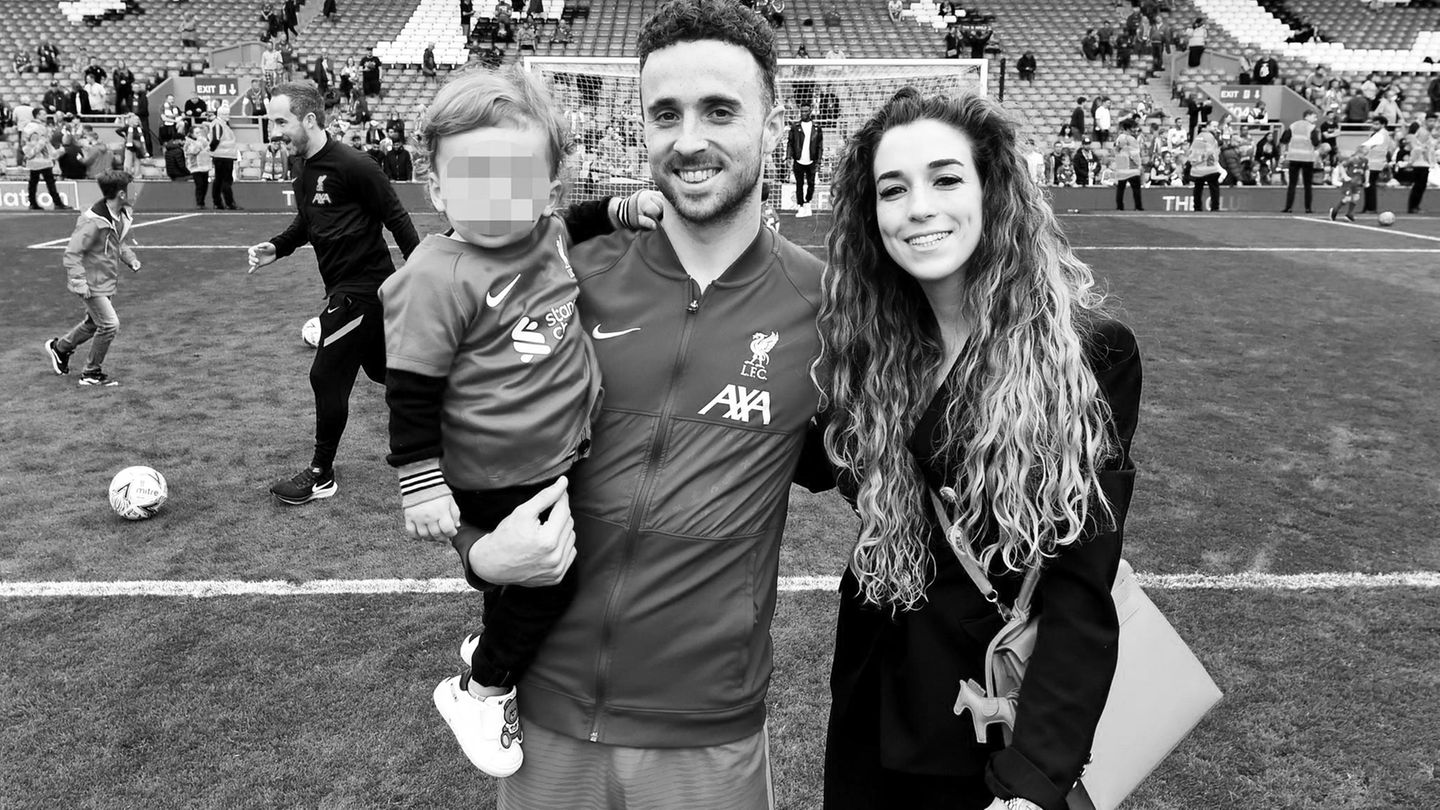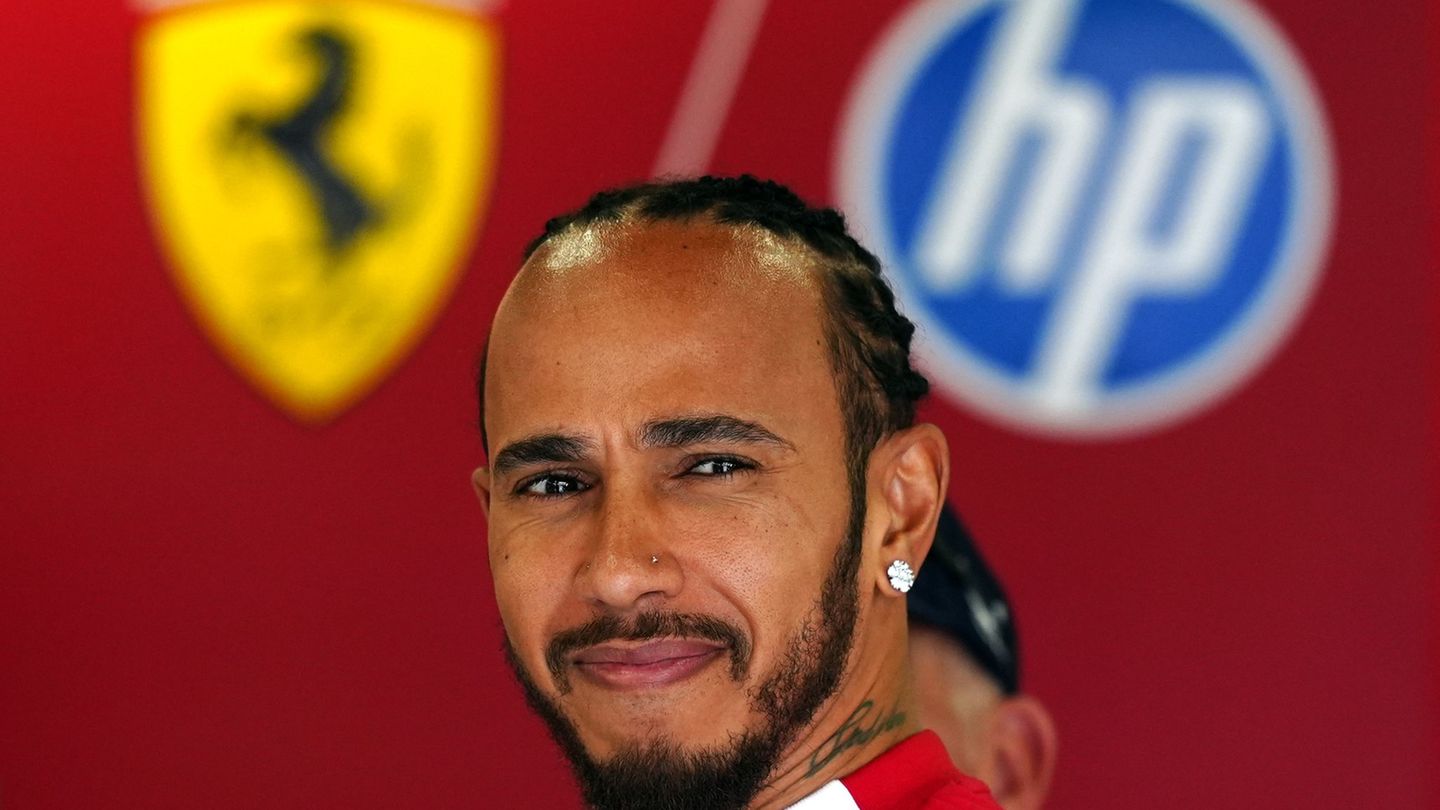In the end, the conflicts over the incomes of millions of workers were too great. In the negotiations for the public service, things broke. Whether arbitrators can resolve the dispute remains to be seen.
After the collective bargaining for the federal and local public sector failed, the employers initiated arbitration. The Association of Municipal Employers’ Associations (VKA) and the Federal Ministry of the Interior called the arbitration formally, as it was said in negotiating circles.
The day before, employers and unions had been unable to agree on a deal for the 2.5 million federal and local employees. Verdi and the civil servants’ association dbb declared the negotiations to have failed around midnight. Federal Interior Minister Nancy Faeser (SPD) announced that the arbitration would be convened that night.
As of this Sunday, there is a peace obligation for the time of the arbitration. Until then, at best, smaller regional warning strikes are planned. There will then be no warning strikes in the public sector over the Easter days. It is now eagerly awaited whether the arbitrators can solve the heated wage dispute – or whether the arbitration fails and new strikes are imminent in a few weeks.
time until mid-April
The arbitration commission, which is expected to have 24 members, is expected to meet by next Thursday. The chairmen are the former Prime Minister of Saxony Georg Milbradt for the employers’ side and the former Bremen State Councilor Hans-Henning Lühr for the trade unions, with Lühr having the decisive vote in the event of a stalemate in the commission. The arbitration commission has until mid-April to submit a settlement proposal.
According to Faeser, employers offered 8 percent more income and a minimum amount of 300 euros – plus a tax-free one-off payment of 3,000 euros with a payment of 1,750 euros in May. Verdi and dbb had demanded 10.5 percent more income, but at least 500 euros more per month. Both sides had signaled a willingness to compromise during the talks, according to negotiating circles. The unions originally asked for 12 months, the employers offered 27 months.
The Association of Towns and Municipalities sees little scope for the municipalities to continue to approach employees. “What the employers offered already means a two-digit billion amount per year for the municipalities,” said general manager Gerd Landsberg on Deutschlandfunk. The employer’s offer is a clear signal. He hopes “that everyone involved will come to a solution after all,” said Landsberg.
Marcel Fratzscher, President of the German Institute for Economic Research, said on NDR Info: “I suspect that somewhere between the 300 and 500 euros minimum additional monthly income will be agreed.” According to Fratzscher, the employer’s offer of eight percent more salary is “a lot”.
In three rounds of negotiations starting in January, trade unions and employers had not been able to reach a sufficient level of rapprochement. Werneke said: “In the end we had to realize that the differences could not be bridged.” The head of the civil servants’ association dbb, Ulrich Silberbach, said: “We have to prevent real wage losses and need a sustainable inflation adjustment.”
Minister Faeser and the chief negotiator for the municipalities, Gelsenkirchen’s mayor Karin Welge (both SPD), were disappointed. “I very much regret that the unions have now broken off negotiations,” said Faeser. Employers approached the unions “to the limit of being responsible for public budgets”. Welge said: “The bridge that we have built is not one that one could not have walked on. In this respect, the disappointment is written all over our faces.”
Strikes possible after failed arbitration
How things will continue after the arbitration is open. According to a list by the unions available to the German Press Agency, the negotiations between the collective bargaining parties must be resumed by April 18 at the latest. The collective bargaining dispute can then be finally resolved – but regular strikes can also follow. There were already strikes in the public sector in the early 1990s after failed arbitration.
In his own words, Werneke assumes that workers will continue to be willing to go on strike if the unions do not reach an agreement. In the past few weeks, the unions had partially paralyzed public transport, daycare centers, clinics and many other areas. “By the end of last week we had half a million participants,” said Werneke. That shows the support with which Verdi was on the road. “And that support is unbroken.”
Source: Stern
I have been working in the news industry for over 6 years, first as a reporter and now as an editor. I have covered politics extensively, and my work has appeared in major newspapers and online news outlets around the world. In addition to my writing, I also contribute regularly to 24 Hours World.




